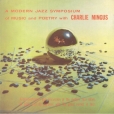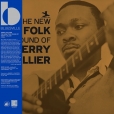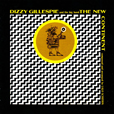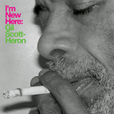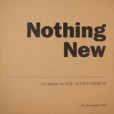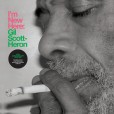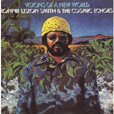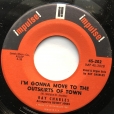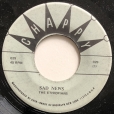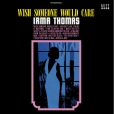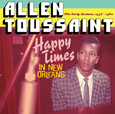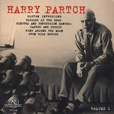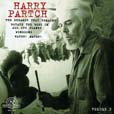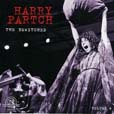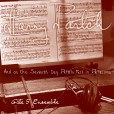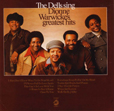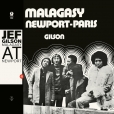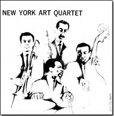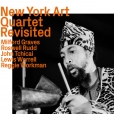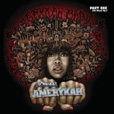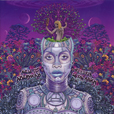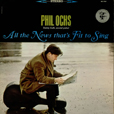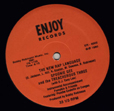Your basket is empty

The big band, with Frank Rosolino, Phil Woods, James Moody and the rest, and pianist Lalo Schifrin leading the way through his compositions. Plus four live Quintet tracks, from 1961, the year before.
An expanded version of the album, adding two unreleased tracks — a cover of Richie Havens’ Handsome Johnny and a previously unheard Scott-Heron song, King Henry IV — as well as a selection of other recordings from the original sessions only previously available on a rare, deluxe LP edition.
Diplo / Newham Generals / Elewedu Of Agege
Fuji Ouija / Tetsuya's Theme / Dance / Thank You
Honest Jon's Records
A Lagos fuji session sets Diplo tearing up walls and stomping across the ceiling; a fragment of afro-folk percussion triggers the Generals’ brilliant futurism; and two sumptuous cuts of the original deal.
Thirty-four verses of expanded duets, the prototype of Delusion Of The Fury, thrashed out with the Gate 5 Ensemble over a three year period starting late in 1962, in a too-small space within an abandoned chick hatchery in Petaluma, California.
Plus a section of a rehearsal session, with HP himself giving direction, ending with a fine performance by Danlee Mitchell and Michael Ranta.
And finally a previously unreleased recording of Partch playing Adapted Viola, in one of the Verse 17 duets excised from the final opus.
Alternatively — Terry Callier Boys Tear Up Bacharach And David With Charles Stepney At The Desk And Phil Upchurch, The Chess Strings And The Pharoahs All On Fire. Great, showy soul music from 1972.
Jef Gilson, Sylvin Marc and his cousin Ange Japhet, Del Rabenja, Gérard Rakotoarivony and Frank Raholison, blending together bebop, sub-Saharan roots and electric funk.
Requiem Pour Django, Dizzy 48 and Anamorphose — renamed Salegy Jef after this re-routing via Madagascar — rejuvenate Gilson compositions from the previous couple of decades. Newport Bounce is a reworking of Interlude, recorded by Gilson in 1969 with Philly Joe Jones. Le Newport was a club in rue Grégoire de Tours, Saint Germain des Prés.
Milford Graves (percussion), Leroi Jones (vocals), Roswell Rudd (trombone), John Tchicai (alto saxophone), Lewis Worrell (bass).
Strikingly original, still: open and untethered, dreamily ramshackle and provisional, dazzlingly polyphonic.
‘All that is solid melts into air,’ as Marx puts it; ‘all that is holy is profaned, and man is at last compelled to face with sober senses his real conditions of life, and his relations with his kind.’
Tracks 1-4 comprised the eponymous release on ESP in 1964: Roswell Rudd, John Tchicai, Lewis Worrell, Milford Graves, with a walk-on by Leroi Jones (reciting Black Dada Nihilismus).
Tracks 5-9 were released on Fontana the following year, as Mohawk: Roswell Rudd, John Tchicai, Reggie Workman, Milford Graves.
